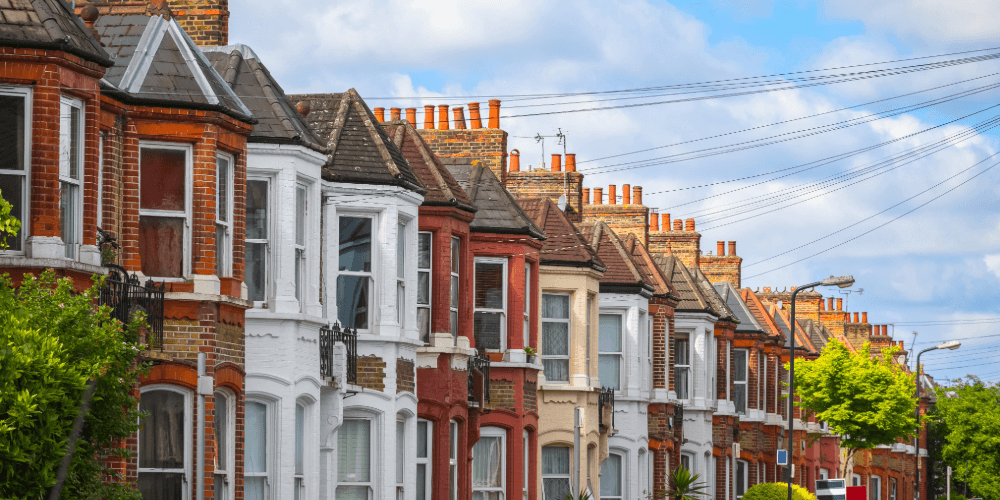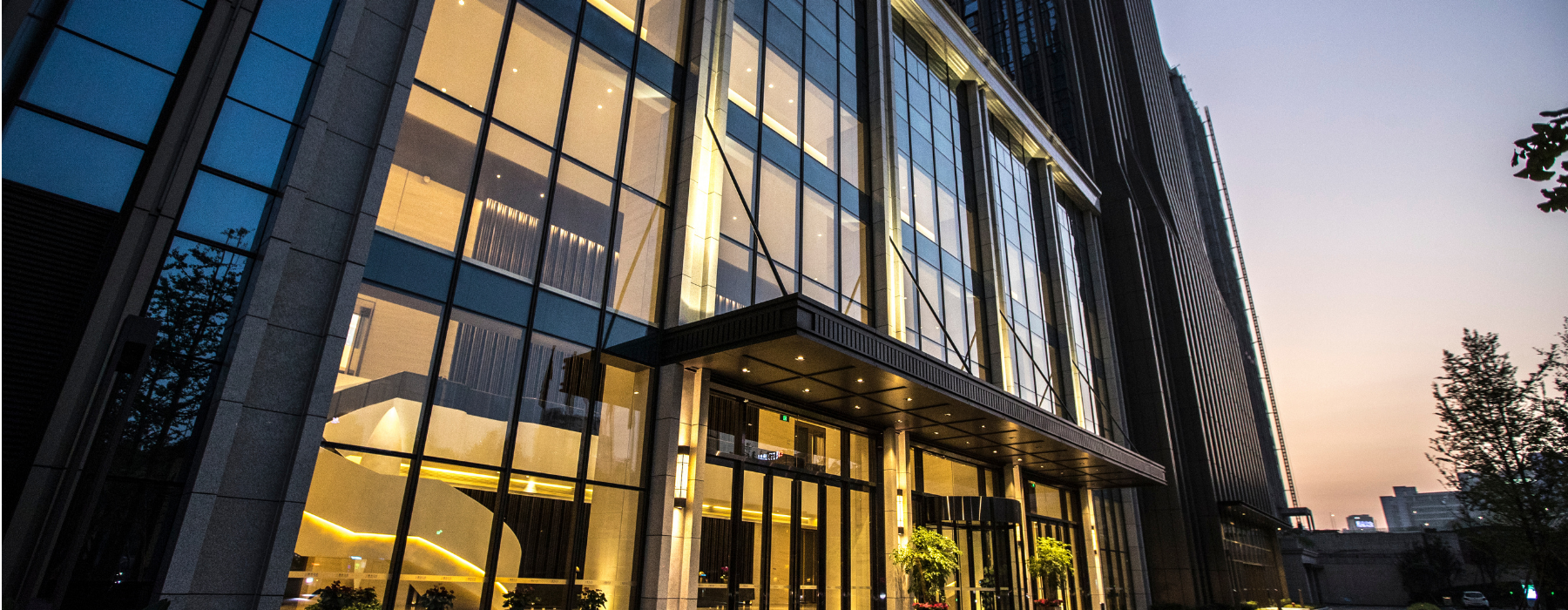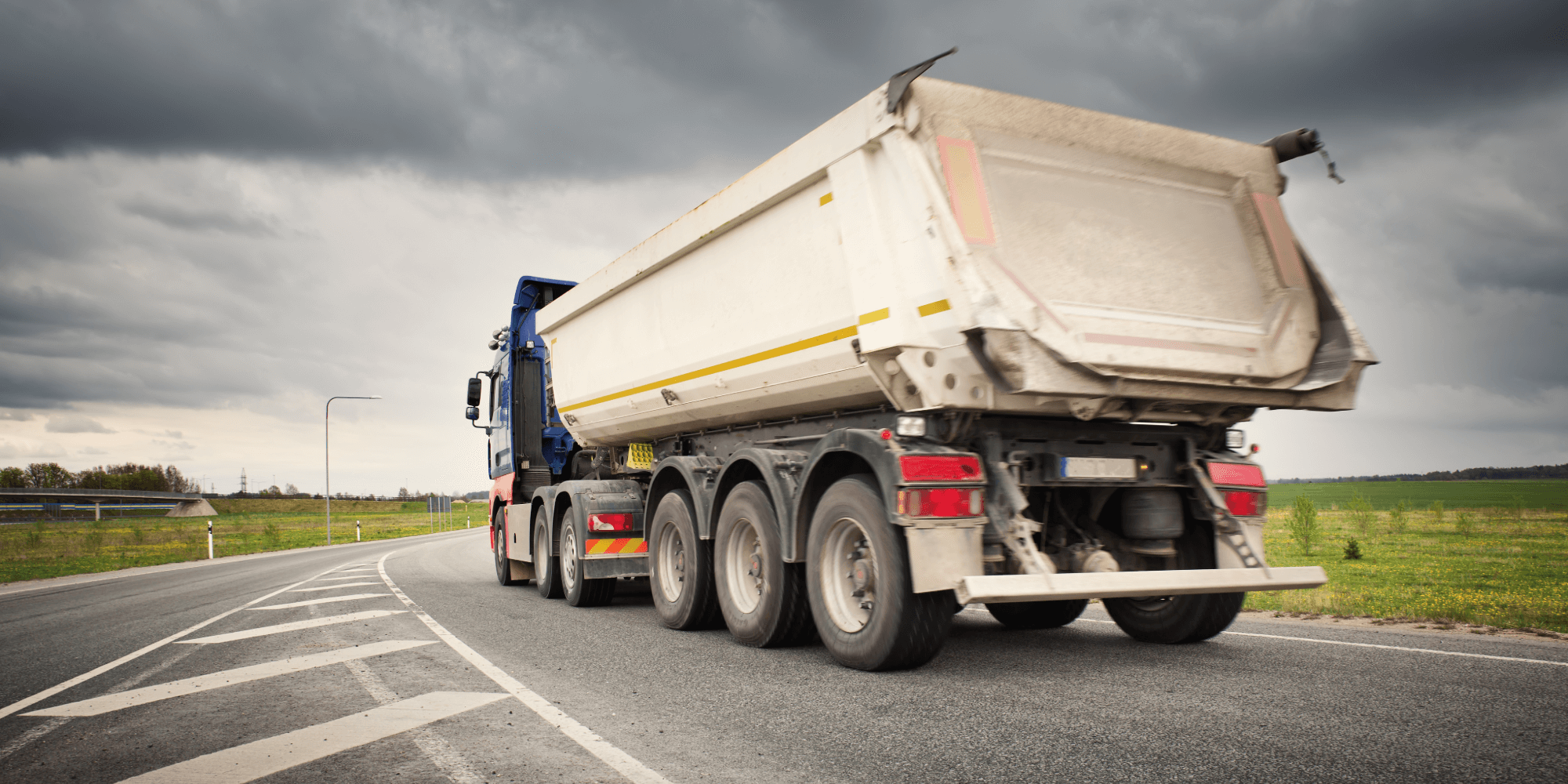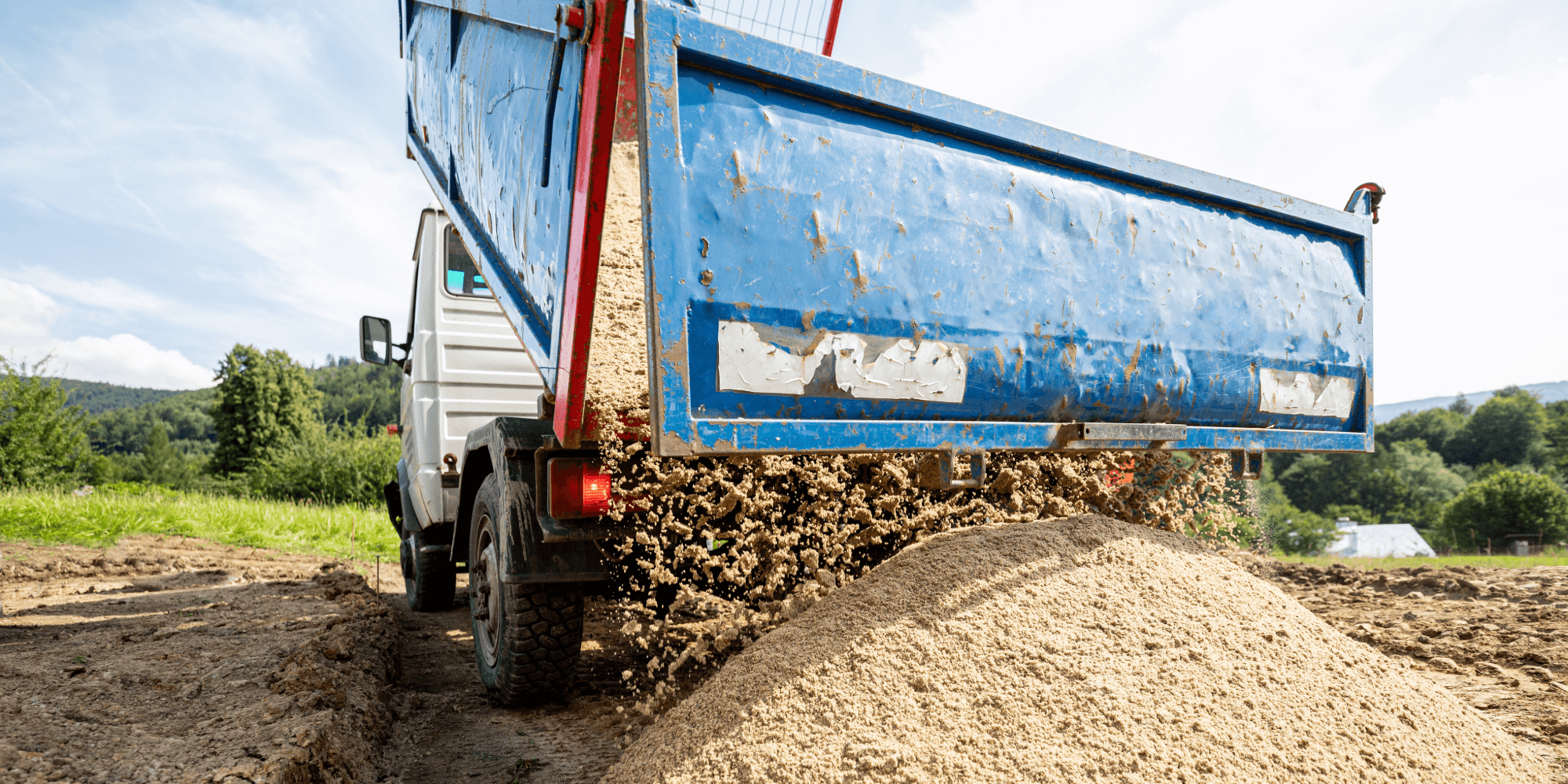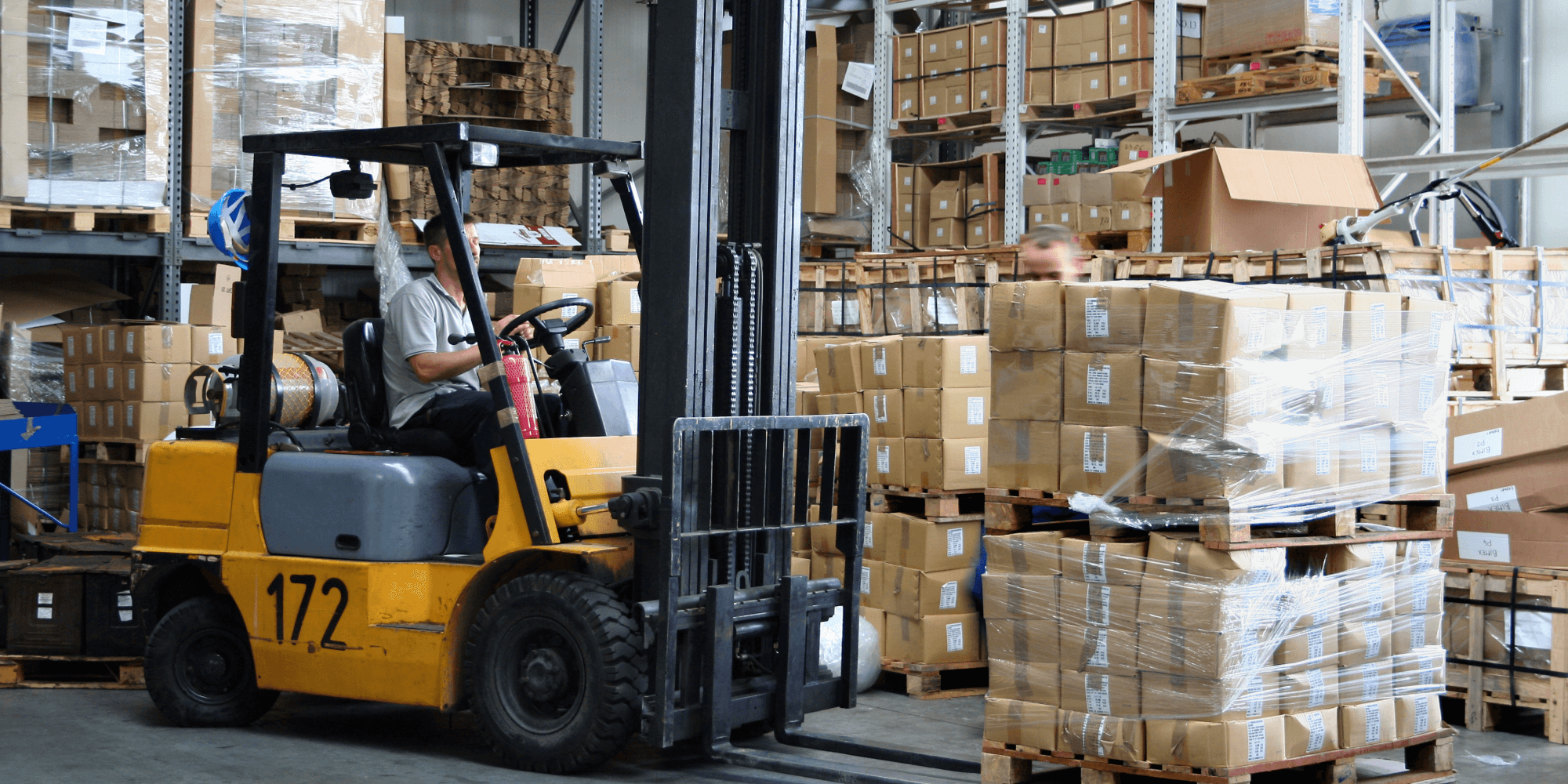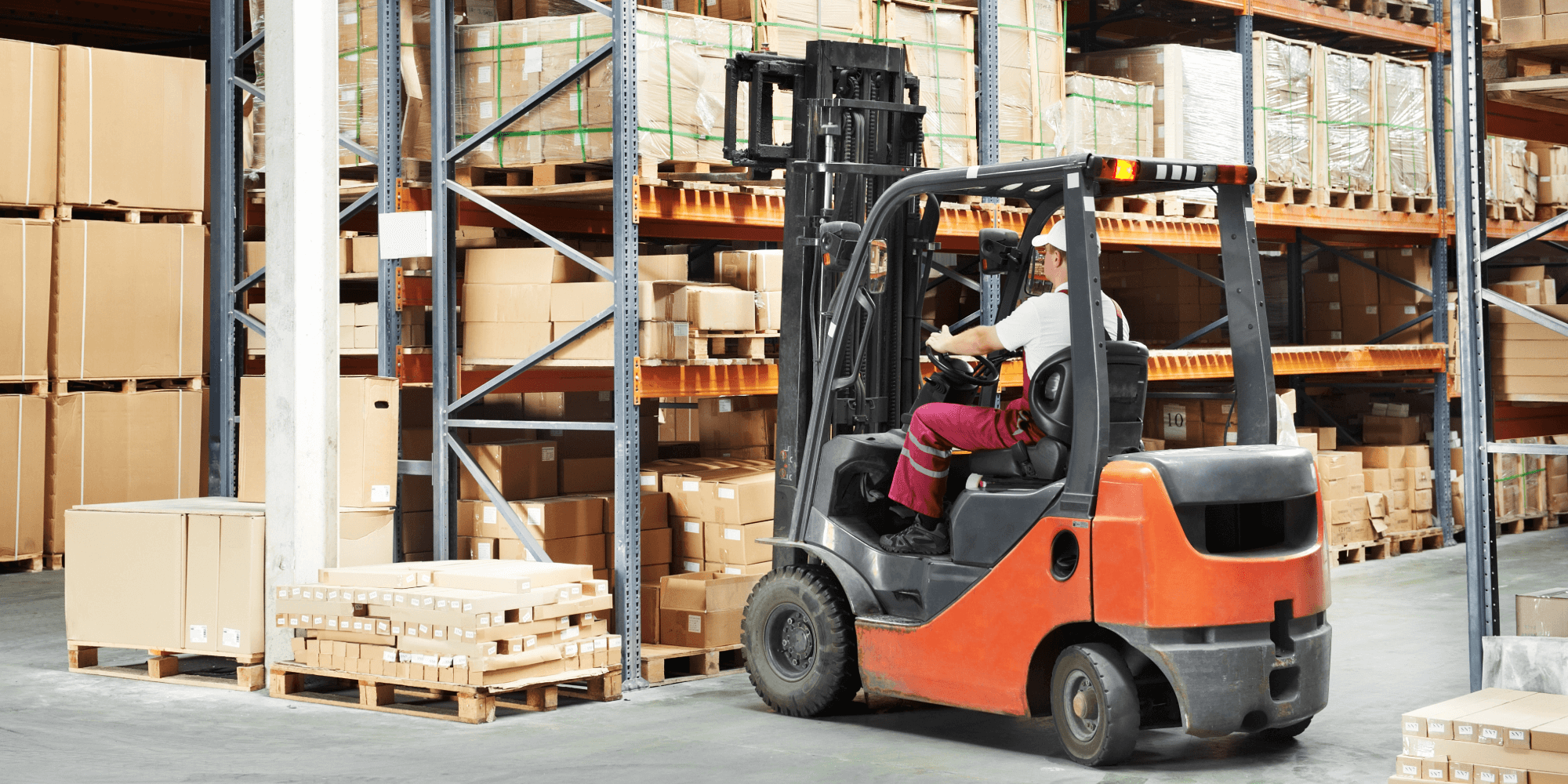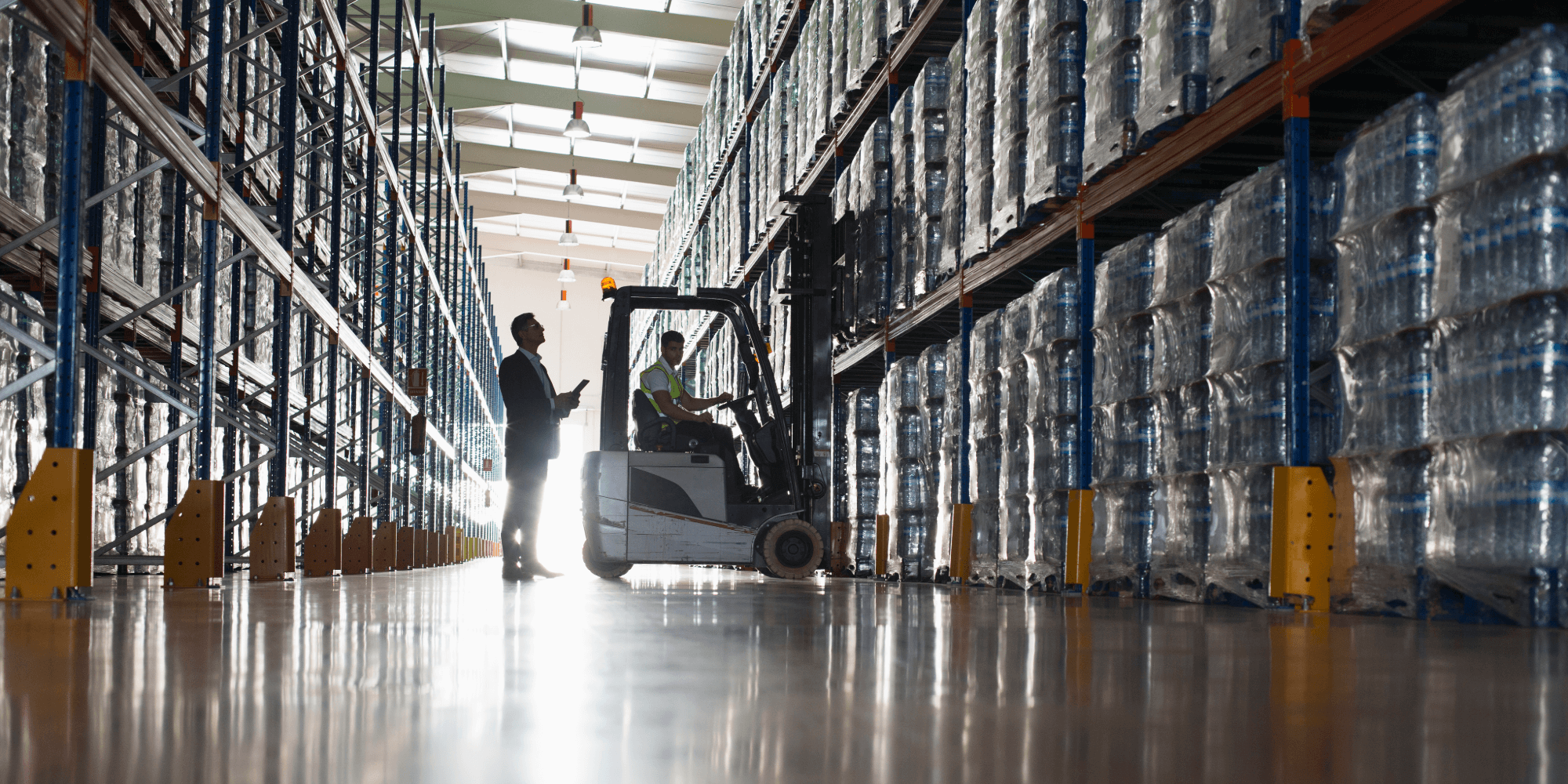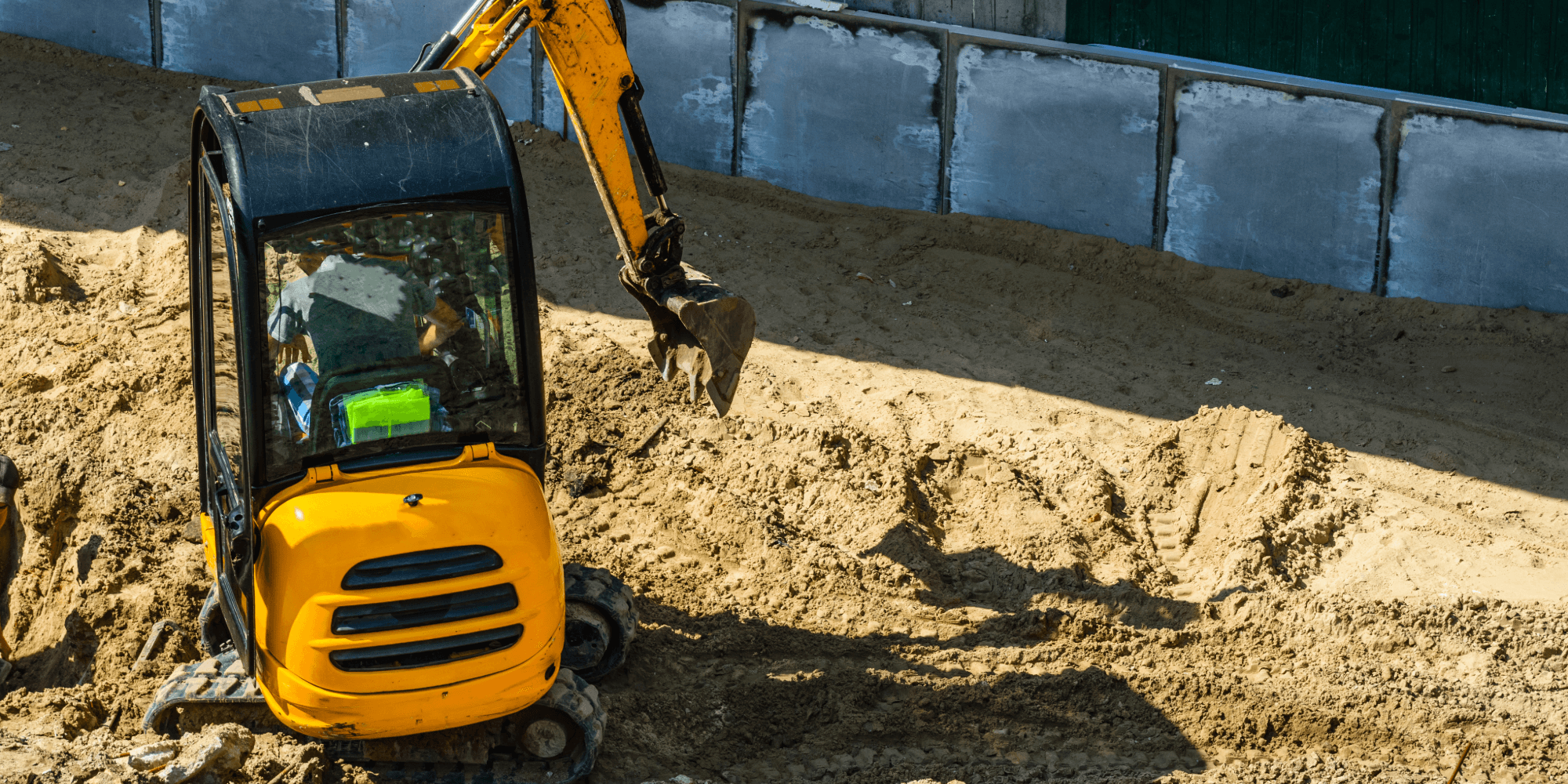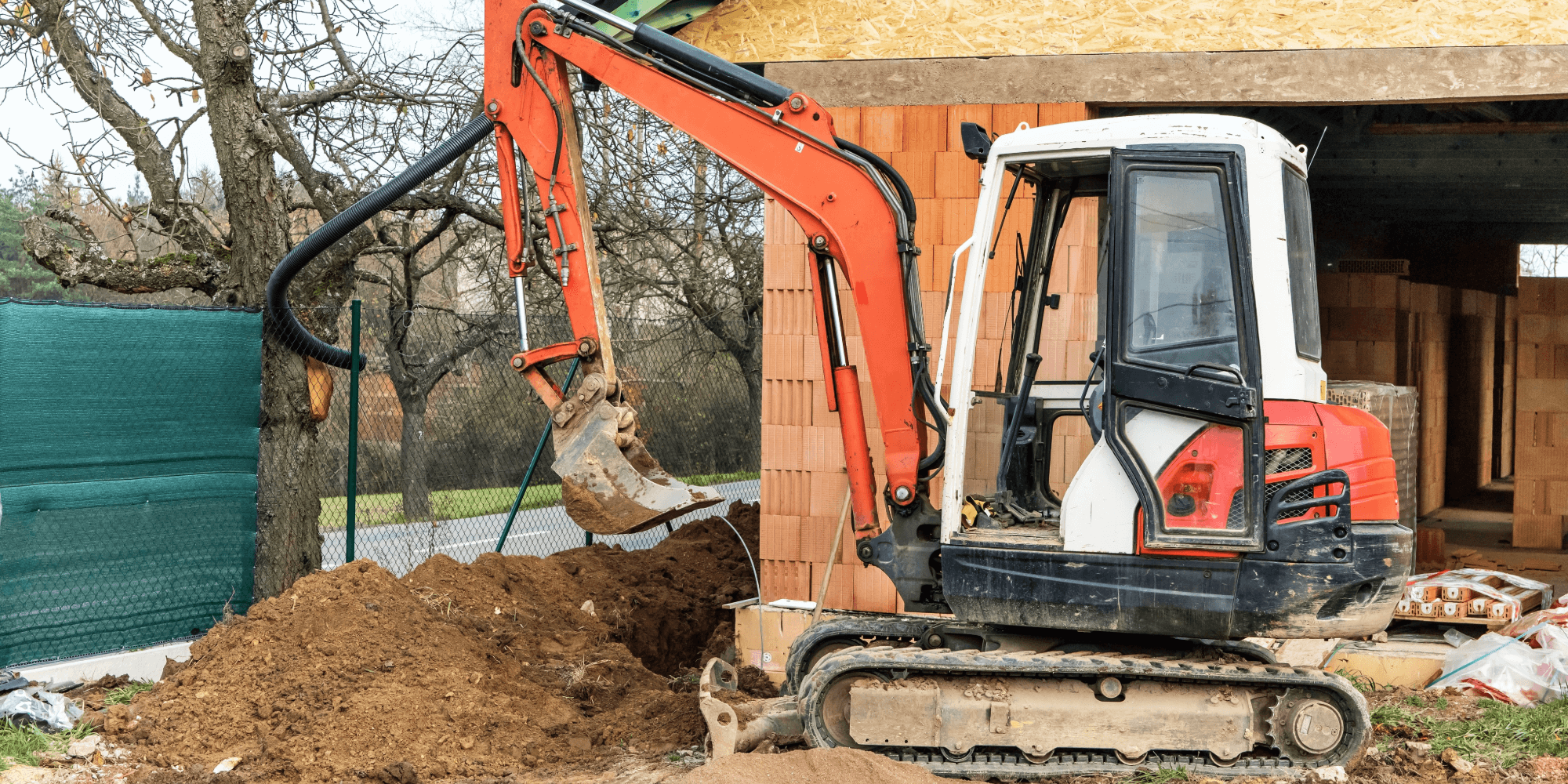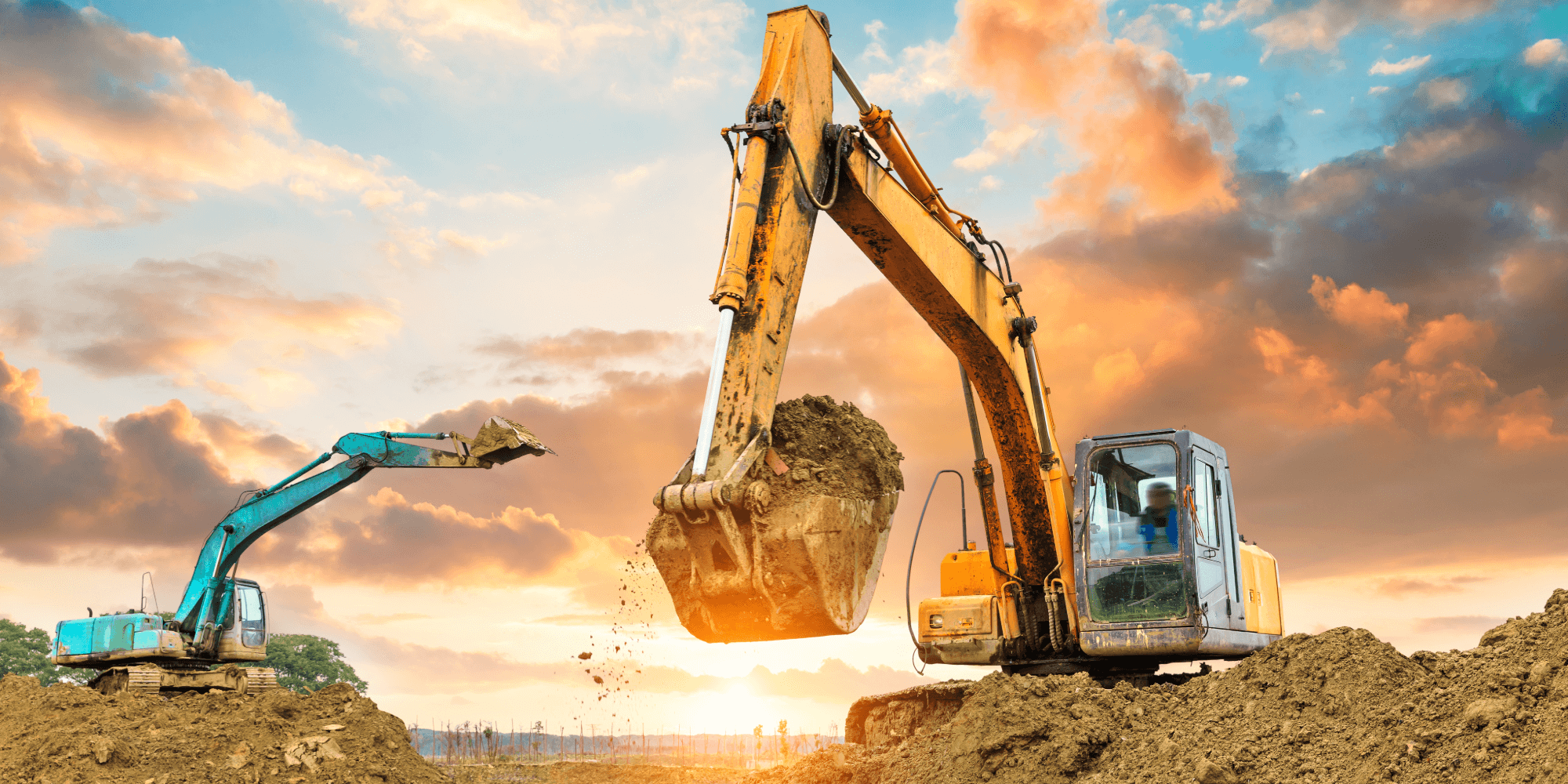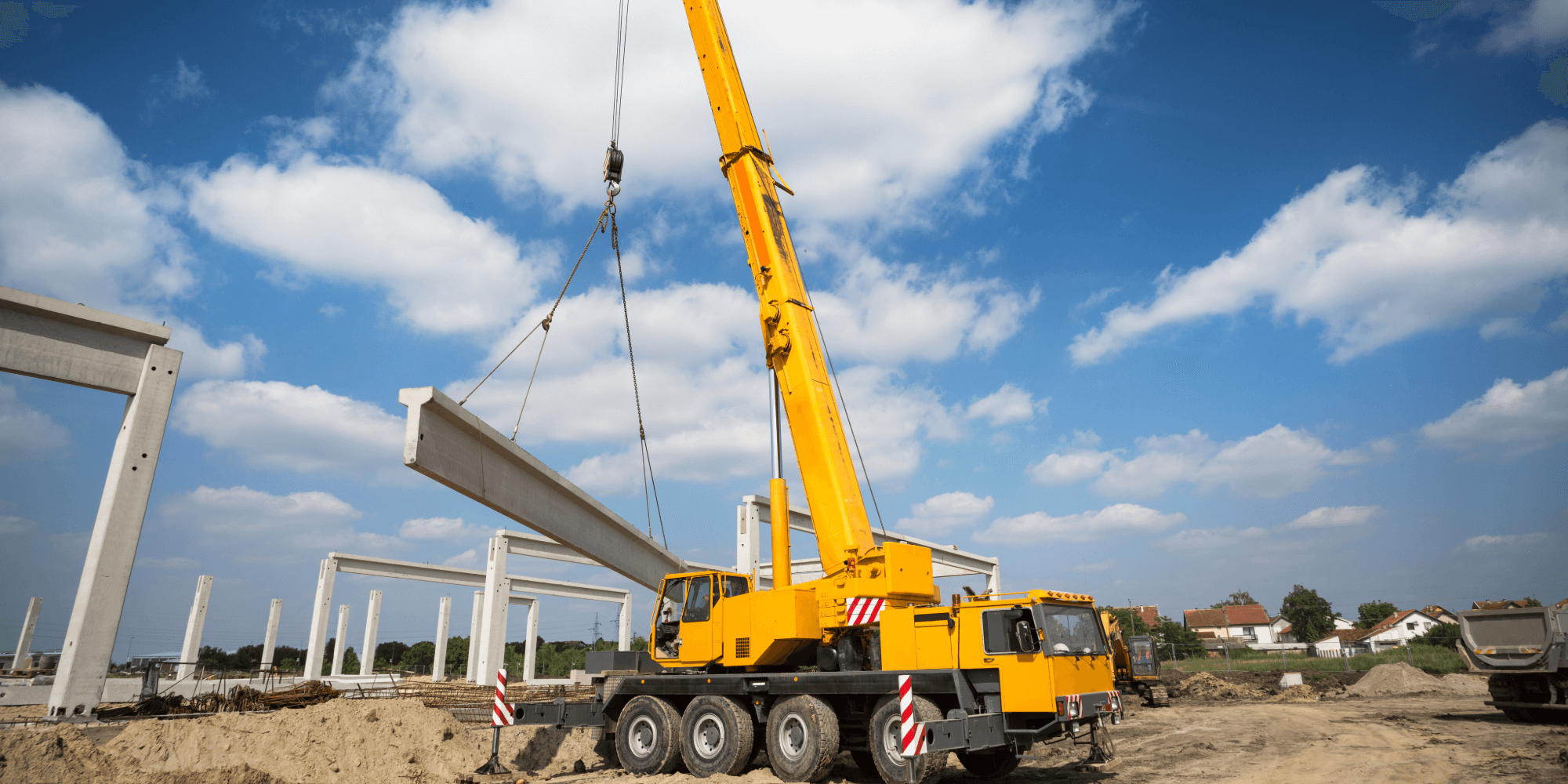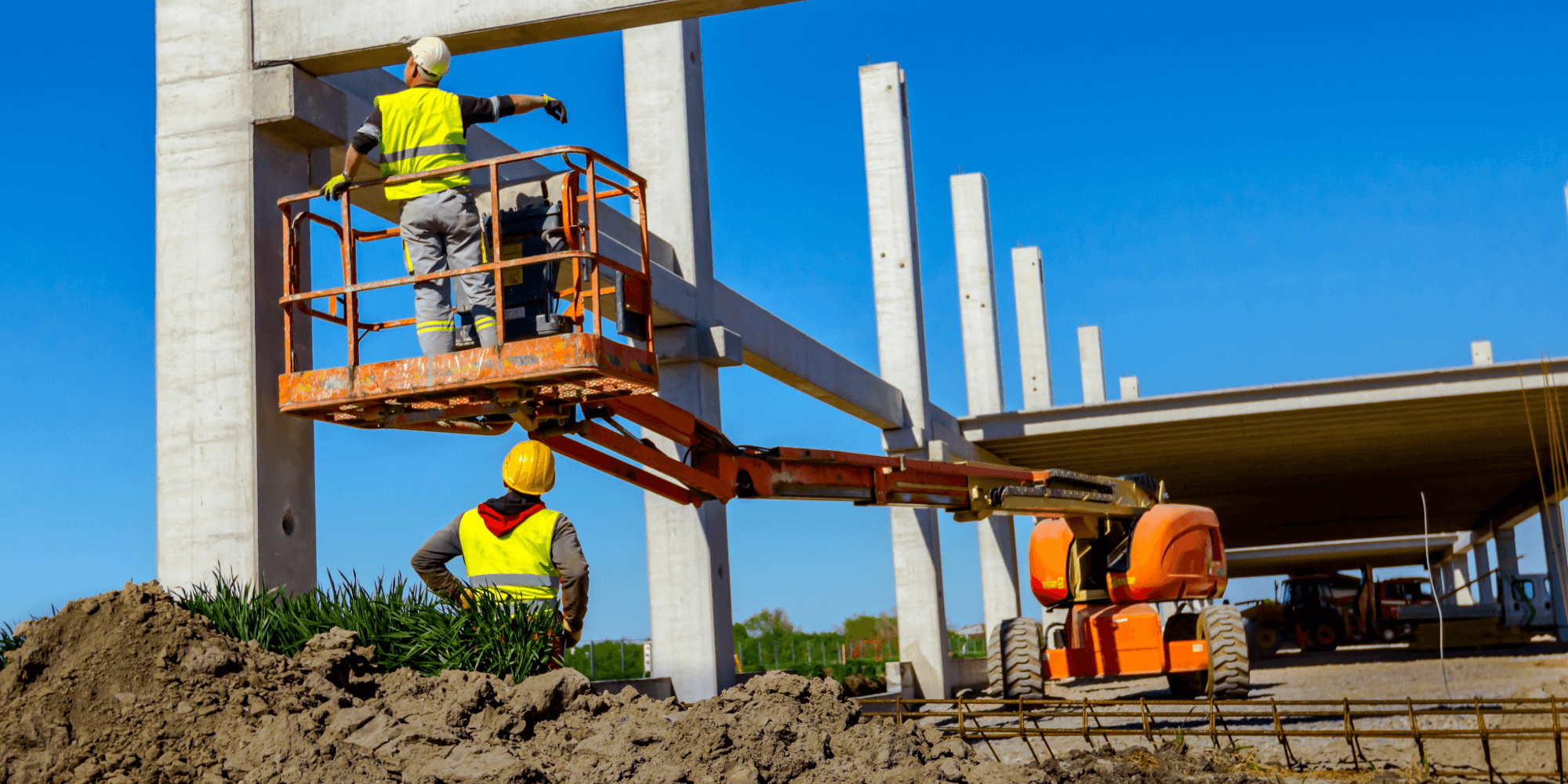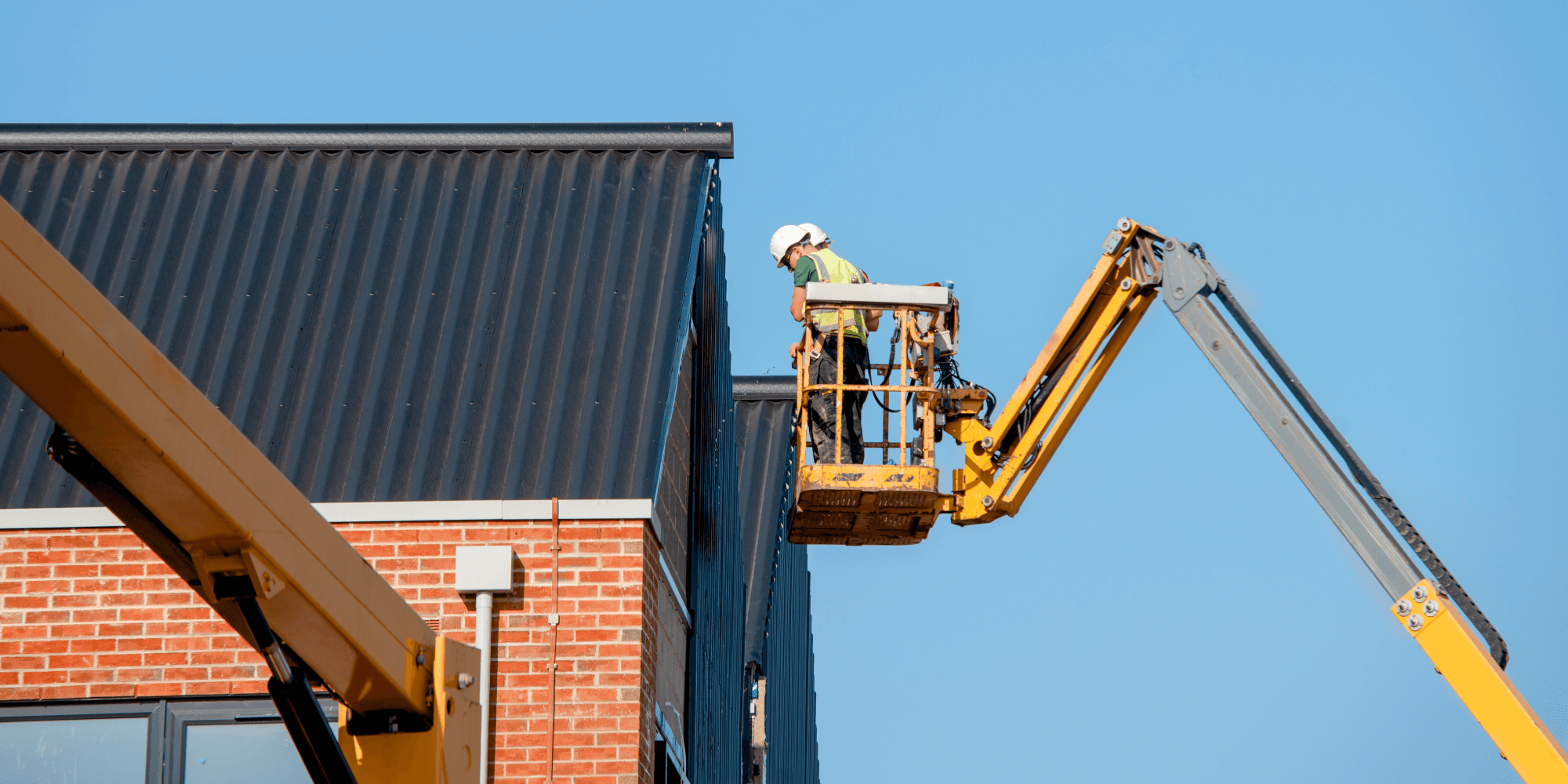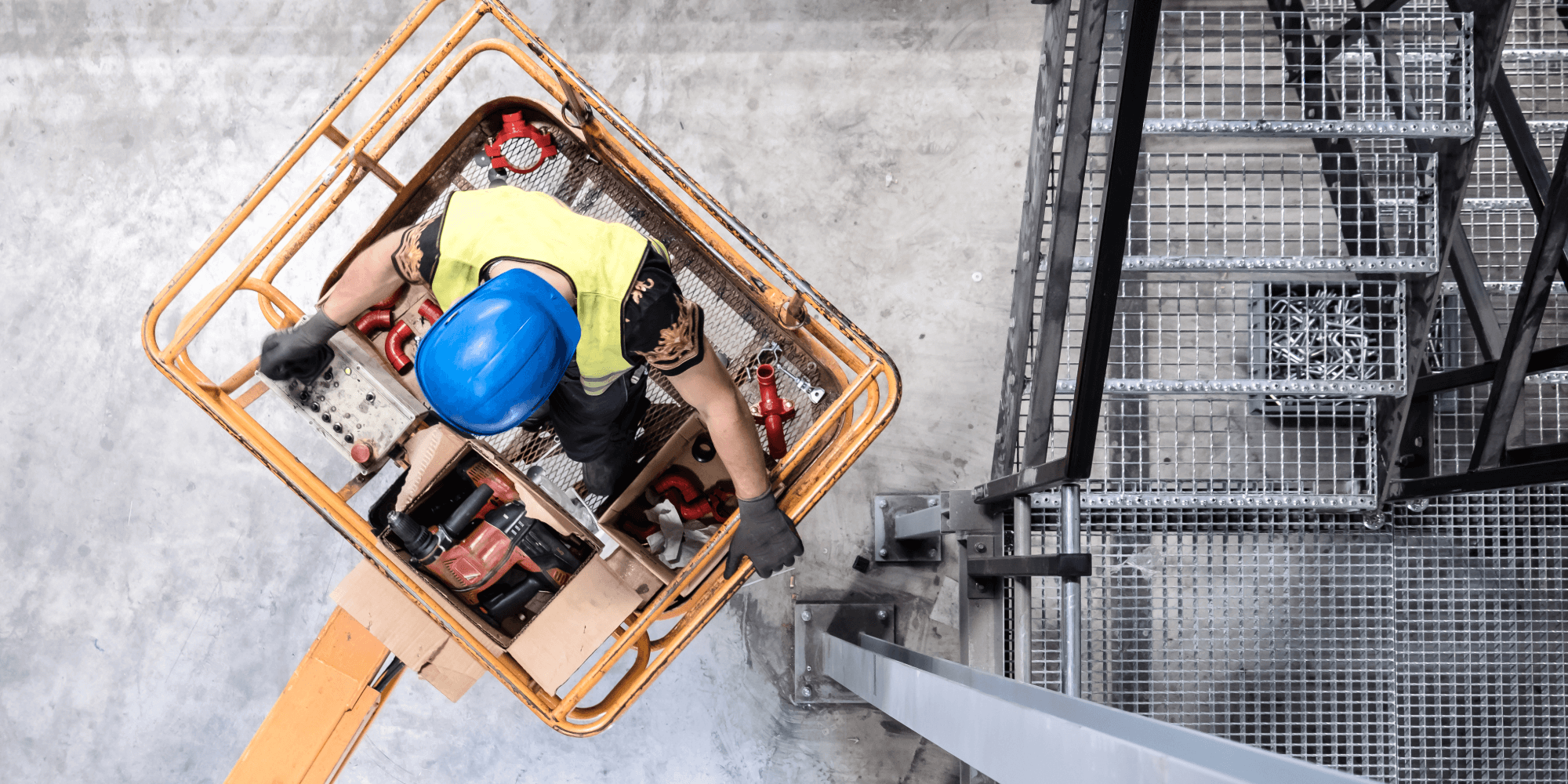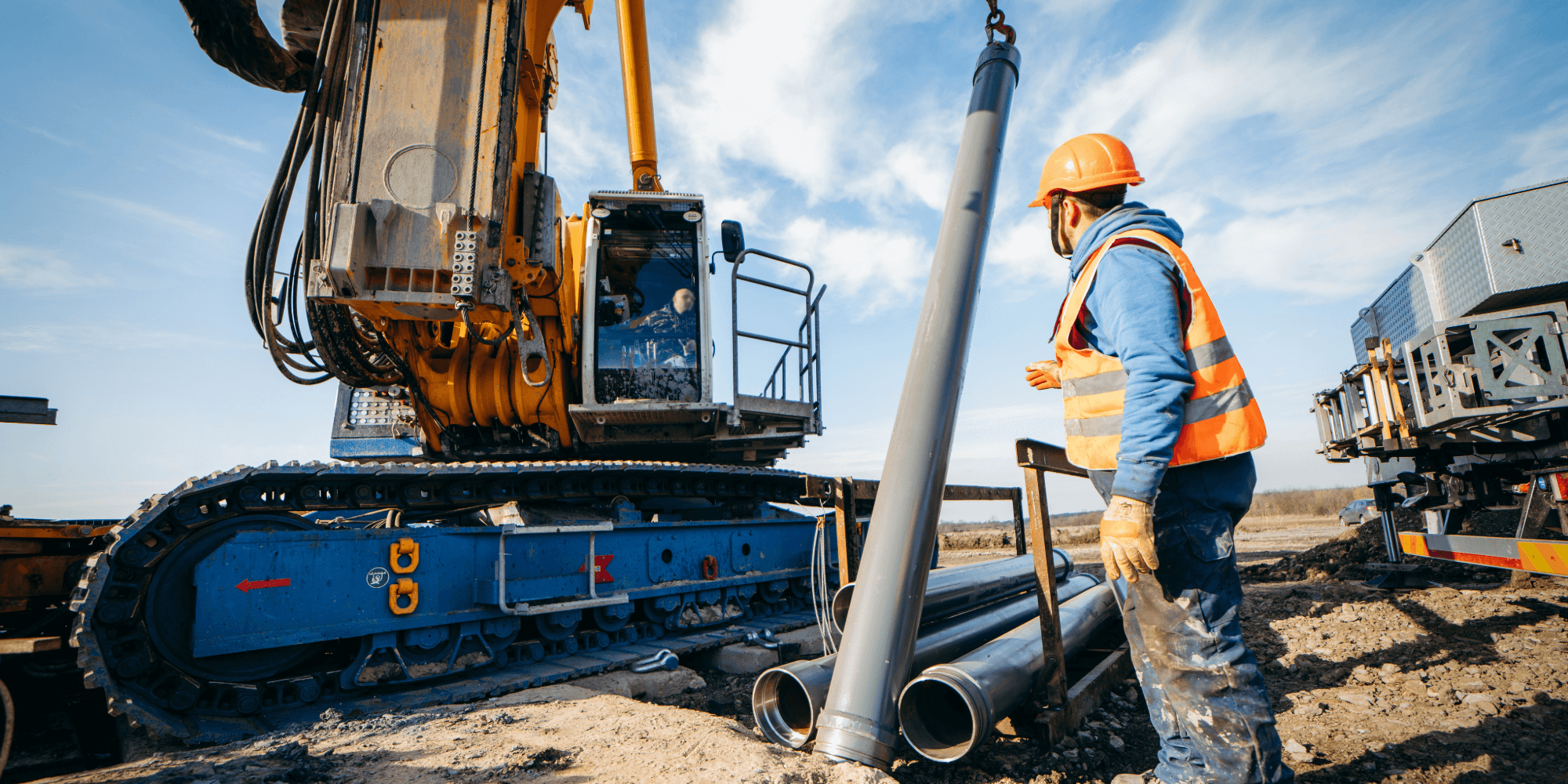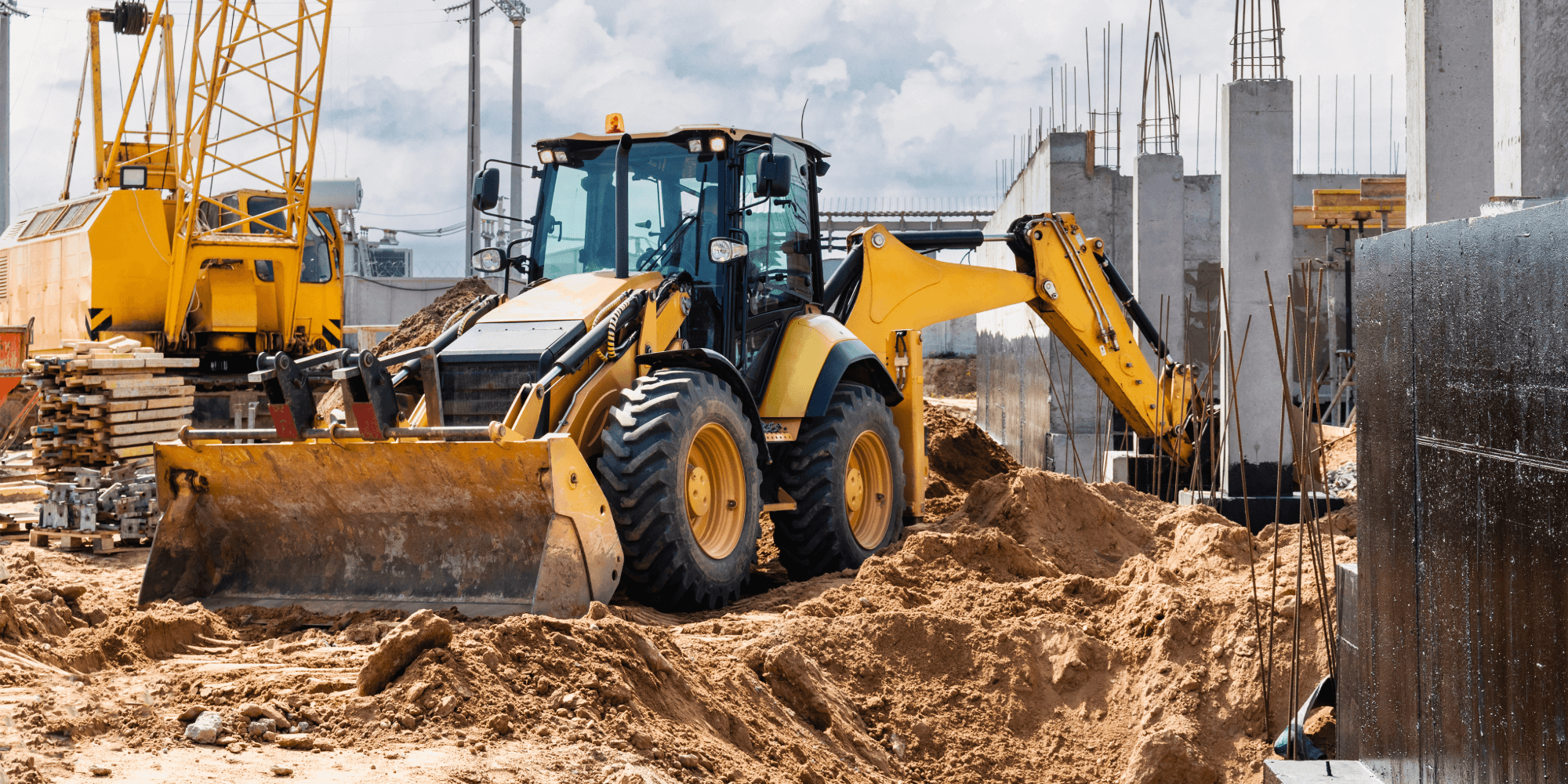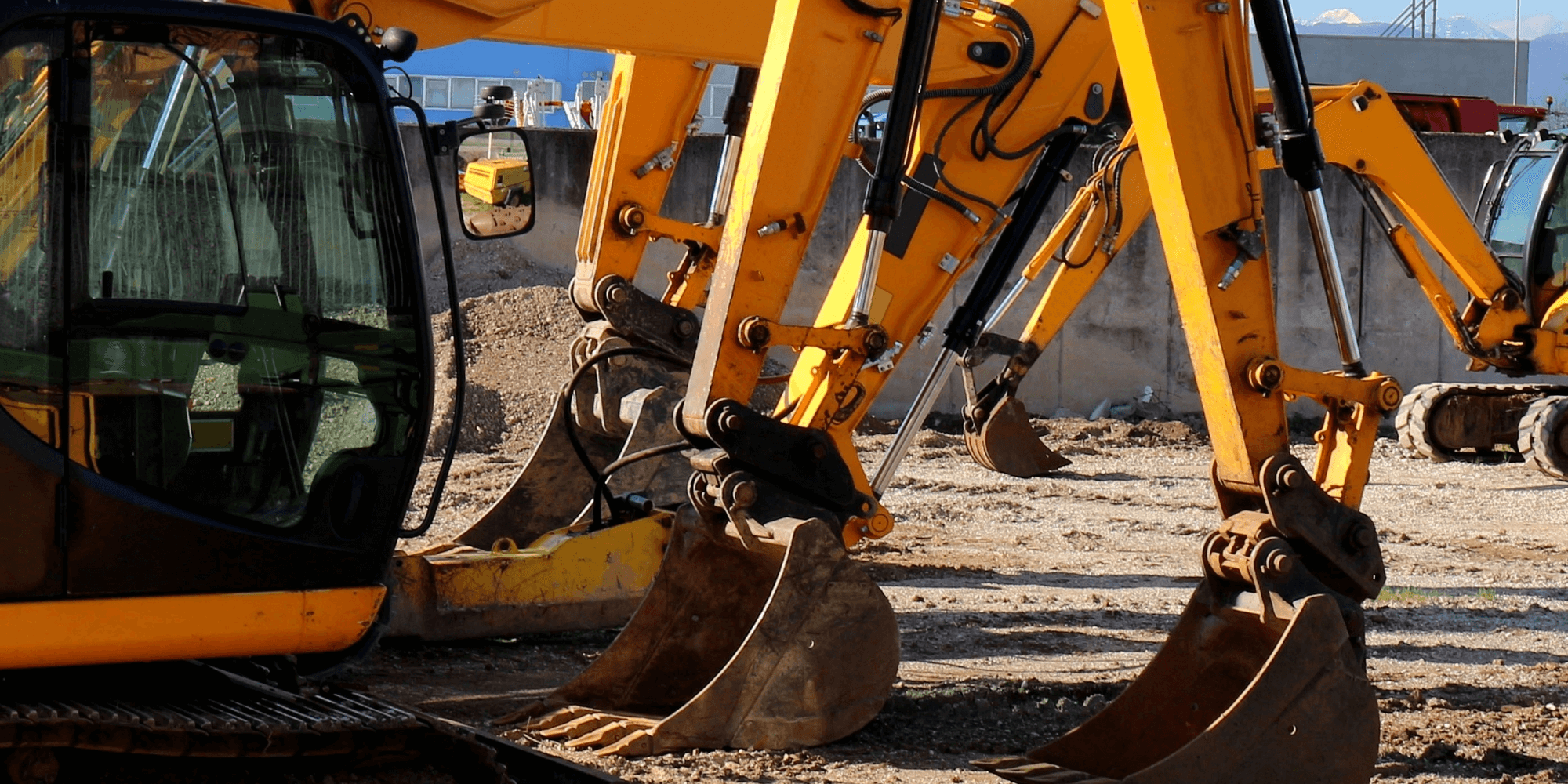Working as a professional cleaner involves more than just providing a spotless service. Whether you operate as a mobile cleaner, run a domestic cleaning business, or provide office cleaning services, the risks involved can carry serious financial consequences if the right cover is not in place.
We have seen how insurance oversights can lead to unexpected costs, lost work, and long legal processes. In this guide, we highlight the most common insurance mistakes cleaners make and how the right approach could help protect your business.
Mistake 1: Relying on a Client’s Cover Instead of Your Own
Some cleaners believe that because they are working on someone else’s premises, they are covered by the client’s insurance. This is rarely the case.
If a cleaner accidentally knocks over a laptop, damages flooring, or causes a client to slip, they could be held personally liable. Without public liability insurance for cleaners, the financial impact could fall entirely on the cleaner.
This cover is designed to help with third-party claims for injury or property damage and could be essential for both domestic and commercial work.
Mistake 2: Assuming You Do Not Need Cover as a Sole Trader
Many mobile or one-person cleaning businesses overlook insurance entirely, especially in the early days. But accidents can happen at any stage of business.
A mobile cleaner transporting equipment could cause damage in transit. A domestic cleaner might spill a chemical that stains a client’s carpet. These events could lead to claims, and without the correct cover, those claims could become expensive to resolve.
Even if a business is small or part-time, cleaner insurance should not be seen as optional.
Mistake 3: Overlooking Employers’ Liability When Using Casual Help
If you bring in an extra pair of hands, even on a temporary basis, you may have legal responsibilities. Employers’ liability insurance is required by law in many cases where staff or contractors are involved.
Claims from employees or helpers who are injured while working could be made directly against the business. This type of cover helps protect you in such events and can also be a requirement for gaining larger contracts.
Mistake 4: Forgetting to Insure Tools and Equipment
Cleaning equipment is often a business’s most valuable asset. Tools like carpet cleaners, steamers, and vacuums are expensive to replace, and if they are damaged or stolen, your work could come to a halt.
Tools and equipment insurance can offer protection whether the gear is stored at home, on-site, or in transit. It is worth checking the limits and conditions carefully to ensure your cover matches how and where you operate.
Mistake 5: Not Tailoring Insurance to the Type of Cleaning You Do
Not all cleaners face the same risks. An office cleaner working late in a commercial building faces very different challenges compared to a domestic cleaner working alone in someone’s home.
Policies should reflect your working environment. For example:
- Office cleaners may need extended public liability limits
- Domestic cleaners might want cover for working in high-value properties
- Mobile cleaners could benefit from personal accident insurance if they work alone
A tailored policy helps ensure that you are not overpaying for unnecessary extras, while also avoiding dangerous gaps in protection.

